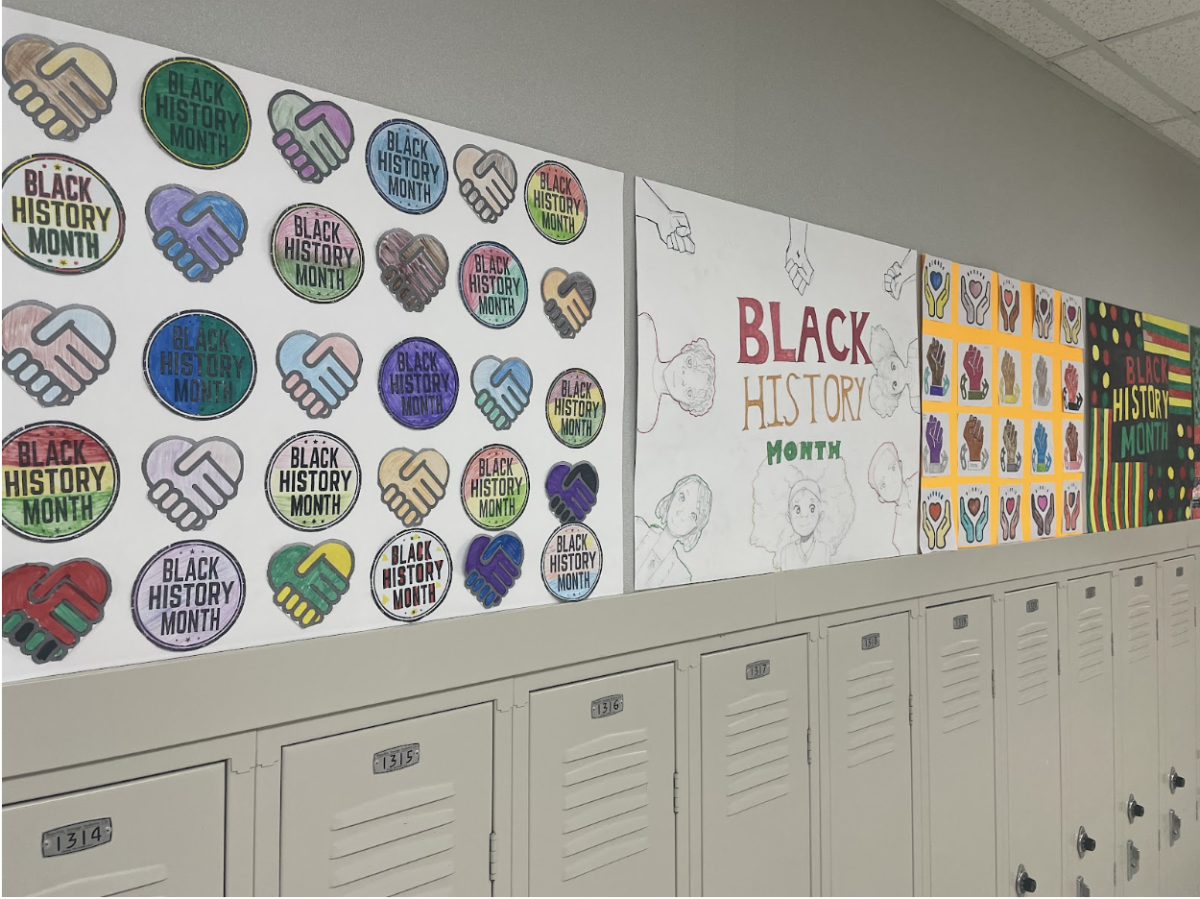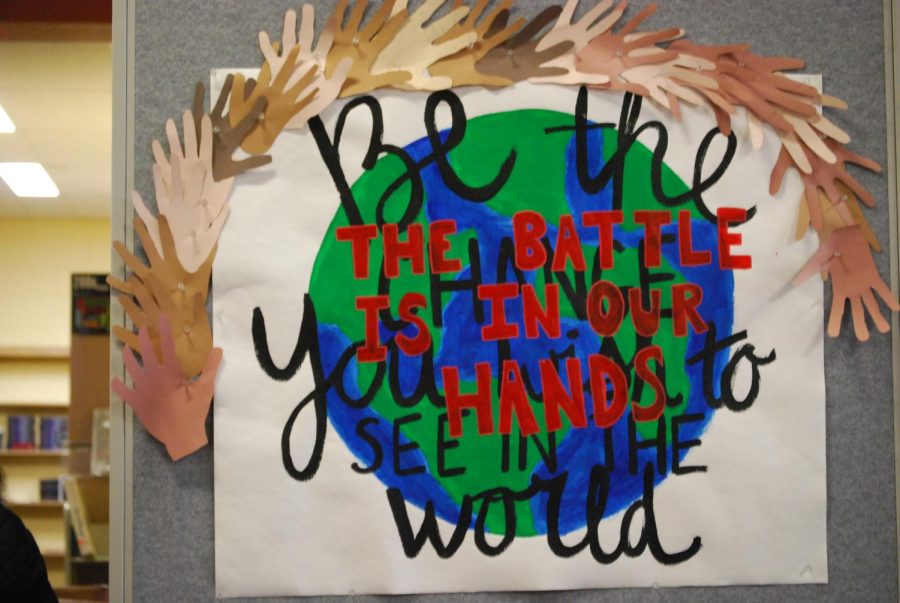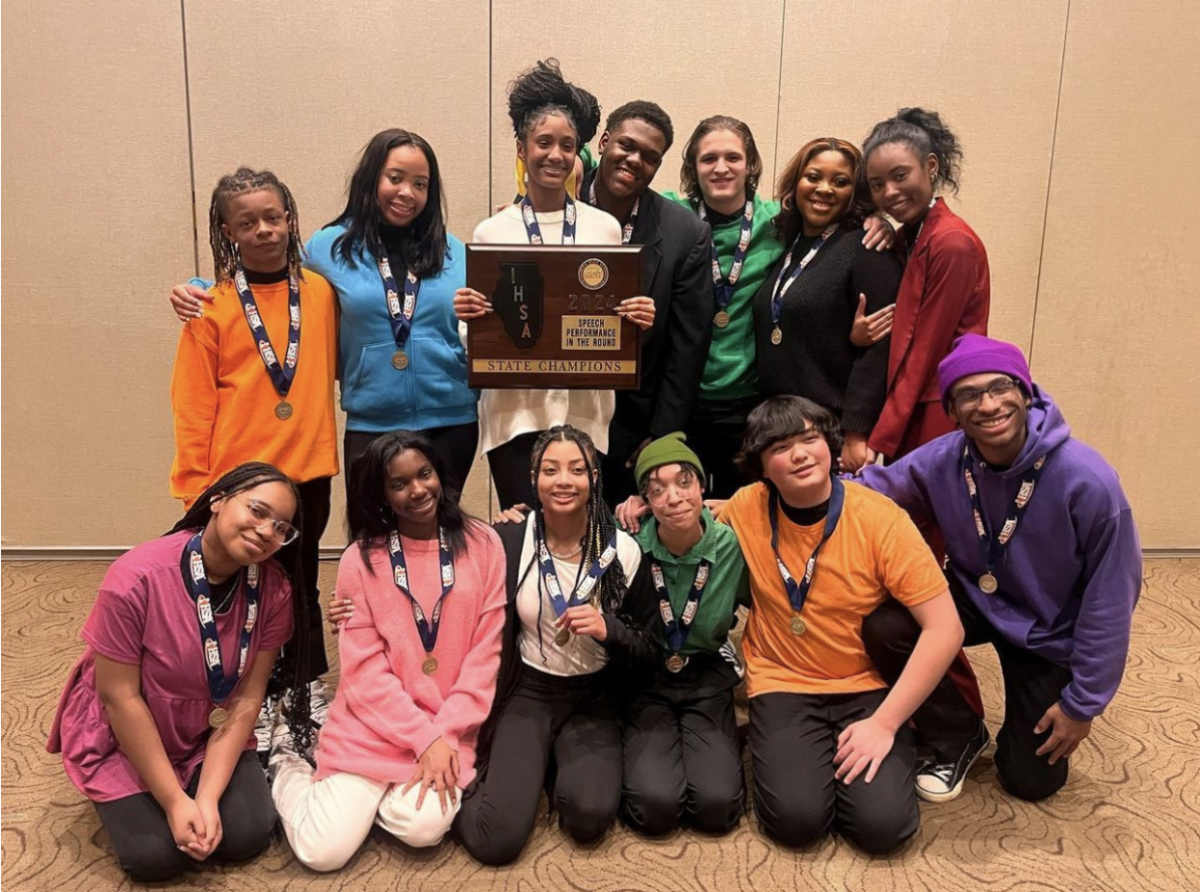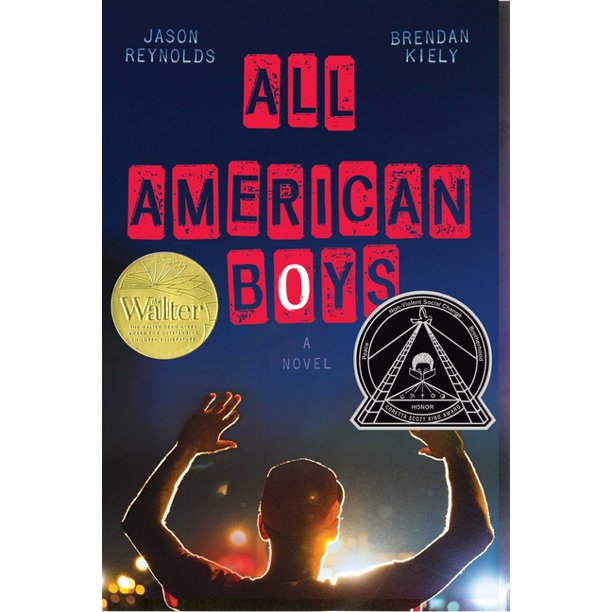GEN READ -Support Book Readers, Not Book Banners
Senior Wants to Lower the Fahrenheit on Burning, Banning Books
The One Book, One Marian selection of All American Boys has showed up on lists of books some groups want to ban.
February 15, 2022
Every story has a purpose, whether that’s a lesson, a moral, or a warning. Children and teens consume these lessons and grow from them. They learn from the past to make a better future. The world is at their fingertips online and in their hands in libraries. These resources could be used to educate and advance a generation to understand the world around them.
What if this access was denied?
What if they couldn’t explore because adults who they don’t know don’t want them to learn?
If you haven’t noticed, it’s happening.
In Mississippi, in Missouri, in Tennessee, in Texas, in Virginia.
Politicians and so-called parent groups are forcing young people into a suffocatingly small bubble that these adults deem as safe and causing everything outside this bubble to be forgotten.
What would happen if young people didn’t learn about the horrors of humanity, they were never given a chance to see what really happened from a firsthand experience?
What would happen to the LGBT children still learning who they are through self-discovery and literature written for them specifically?
The bans on books deny children and teens the right to self-discovery and learning. In essence, banning books potentially oppresses young people by forcing them to remain ignorant about real world situations all because a group of adults feel uncomfortable reading books.
Some books are designed in their very existence to make the reader uncomfortable.
Night by Ellie Wiesel and Maus by Art Spiegelman are about the Holocaust and designed in their core to keep these stories alive. As the mantra reminds us, we should “Never Forget.” To forget these stories is to forget every single person who died during that tragedy. Censoring young people from this only helps those who wanted to erase every single trace of these victims.
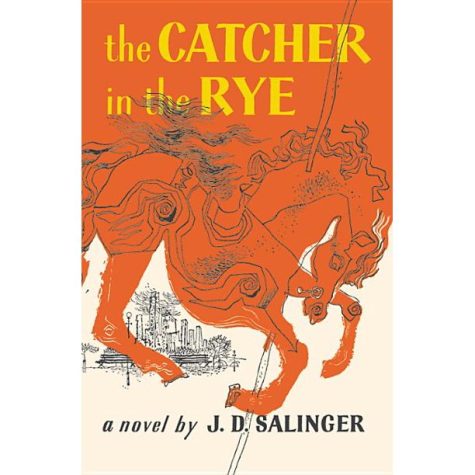
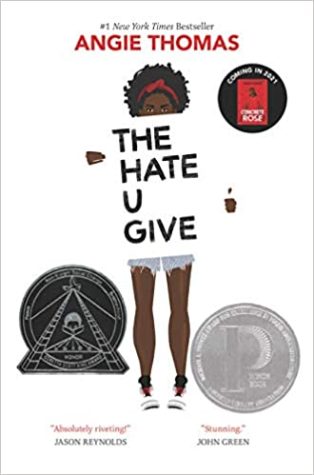

Others are deemed too profane for children to read.
Catcher in the Rye by J.D. Salinger, To Kill a Mockingbird by Harper Lee, and other similar titles sometimes fit the description. It is an inevitability that children will encounter profanity, so why shouldn’t they be exposed in an open learning environment where they can question and gain answers about profanity? Should it be shunned to teach children what to say or what not to say in any given scenario? It is not the child’s fault for asking these questions about what words mean, but their environment for not giving them the answers they crave. Children can be so much more capable if you satisfy their curiosities and let them explore the world instead of battling the books that show them instead.
Some current novels that show harsh reality are derided as improper for children to read. The ones that tell stories of racism and injustices are now being criminalized for their real portrayal of these issues.
Novels like The Hate U Give by Angie Thomas and All American Boys by Jason Reynolds and Brendan Kiely are both under scrutiny for showcasing sensitive topics. But if children do not learn about how to work together and live together in school, then where will they learn to be empathic and successful citizens?
If schools have the goal to make better thinkers and more educated people, why would they not teach kids how to handle these complex situations so they can better themselves and those around them?
To ban these books and novels is to outright censor and destroy the good work they do. Racial injustice is real, profanity and violence are real, and the trauma from history is real. There is no good to be done by not teaching about these topics and learning from them.


